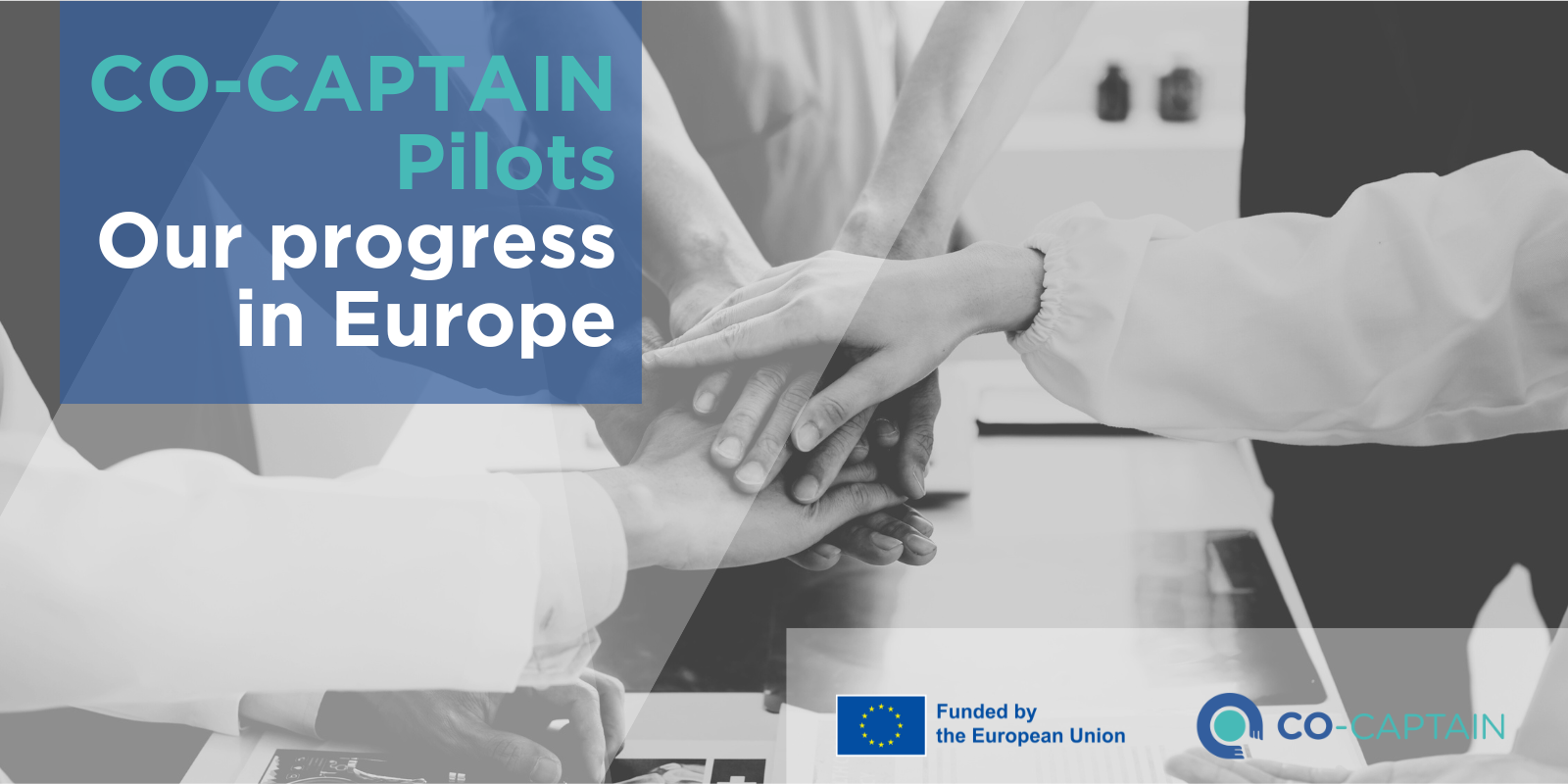The CO-CAPTAIN project is being implemented in four European cities, where pilots are being developed to adapt Primary Prevention strategies in the fight against cancer, focusing on the needs of people with mental health problems. These pilots are essential to identify and overcome barriers that limit access to quality preventive care.
A key component of this approach is the Health Navigator model, which has proven to be a cost-effective and efficient strategy. By targeting underserved communities, a significant contribution can be made to public health, especially in the areas of mental health and health care services. Early interventions not only improve long-term individual outcomes, but also have a profound impact on the health of communities and the efficiency of health care systems.
Recruitment and engagement activities are carried out in each city, allowing for the collection of meaningful data on the effectiveness of interventions. The results of these pilot projects will be instrumental in advancing the provision of cancer preventive care tailored to the needs of those facing mental health problems, supporting the idea that prevention and screening actions are cost-effective and useful.
In Austria, the project has established two recruitment centres that have proven to be effective in identifying participants. To date, 195 individuals have been contacted, of whom 26 have been recruited to participate in the study. The commitment of the participants is remarkable, reflecting a positive and motivating atmosphere in the recruitment process.
In Greece, the project has been carried out in a single recruitment centre, where 74 people have been contacted. So far, 12 of them have been recruited to participate in the study. Several activities have been introduced to encourage the participation and engagement of the recruits, creating a supportive and motivating environment. These initiatives are essential to strengthen the connection with participants and ensure their involvement in the study.
Poland has implemented a comprehensive approach with three recruitment centres, which has resulted in contacting approximately 177 people, thanks to an active social media campaign. So far, 14 participants have been recruited and the completion of questionnaires has started. The diversity of recruitment locations has facilitated a wider outreach, and the team is excited to continue to increase the recruitment rate. The activities introduced in this context are essential to create a supportive and trusting environment among participants.
In Spain, two entities are carrying out recruitment and data collection. On the one hand, the Dirección General de Servicios Sociales. Consejería de Familia, Juventud y Asuntos Sociales. Community of Madrid (DGSSI), which has contacted 67 people, 66 of whom have been recruited in the T0 phase, reflecting a high level of interest and participation in the study. The team has implemented a number of activities to engage participants and ensure that they feel comfortable and motivated to participate. In addition, there are plans to add one more centre to expand the scope of the project and facilitate the inclusion of more participants.
On the other hand, there is also the Fundación para la Investigación e Innovación Biosanitaria en Atención Primaria (FIIBAP), which has targeted 24 people, of which 25 have been recruited so far. FIIBAP is carrying out a series of strategic initiatives to promote the CO-CAPTAIN project in the Madrid community, with the aim of increasing the visibility and understanding of its benefits among healthcare professionals.
The national teams are working collaboratively to maximise the impact of the project. The active involvement of health professionals is essential to facilitate access and inclusion of people with mental health problems in the study. Efforts are being made to strengthen this collaboration and ensure that all those involved feel supported in their role within the project.







